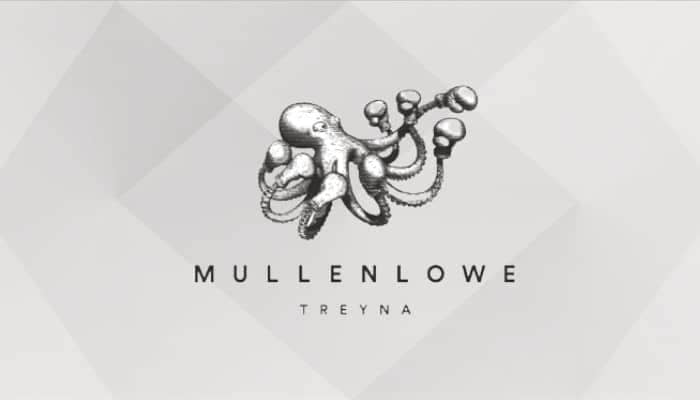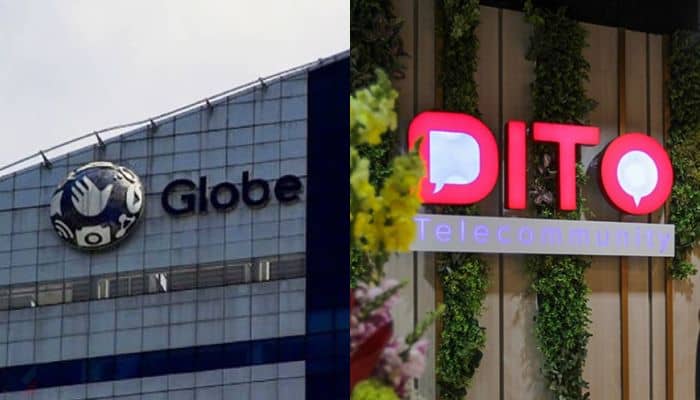Manila, Philippines – As more and more telco users vent out online in regards to issues with their communication providers, the Internet has now become a new hub for telco players to create critical data-driven decisions in improving their services, new report from media intelligence and insights business Isentia.
The report had uncovered customer sentiments on social media and how these experiences from the services provided by Philippine ISPs, fold into every Filipino’s digital consumer journey.
Isentia noted that netizens frequently take their frustrations to the comments section of Facebook Pages to express opinions and share their user experience. Once posted, these comments, especially those like complaints, can be picked up by other consumers and spread like wildfire.
Taking for instance telco provider PLDT, when they issued an advisory that its users may experience slow or intermittent internet services and emerged as the top trending topic for that day, generating negative tweets from subscribers. While PLDT responded with a statement justifying the quality of internet services that day, it could not temper further unfavourable discussions surrounding the incident.
Isentia also noted that customers also complain about how telcos like Globe resort to ‘automated replies’ instead of immediate action from the company. Criticisms on how ‘repetitive’ and ‘insulting’ the templated reply saying, ‘We don’t want you to feel that way…’ dominated the discussions.
“Internet access has been and will continue to be a basic necessity in every household. But, from the perspective of many, these internet service providers are struggling to consistently satisfy its customers’ needs. From sluggish connection speed to poor customer service, a lot are voicing out their complaints publicly where everyone can see the quality of service that they provide,” said Francis Calucin, insights analyst at Isentia.
Despite efforts from local telco players to improve their marketing strategies, netizens often have mixed to negative views about them. For instance, many netizens have complained about telco Smart Communications that they don’t need a foreign ambassador or endorser but instead improve first on their telco services, following the telco’s announcement of Hollywood actor Chris Evans as one of its newest endorsers, aside from the rise of Korean drama stars and pop stars as well taking helm as brand ambassadors as well.
Another example is how netizens often have mixed thoughts about service provider CONVERGE’s use of memes, which was met with some harbored unfavourable comments while others see the strategy of injecting memes in its content producing a significant traction for the brand to the delight of other netizens.
Amid the bad light to the local telco players, Filipino netizens are inclined to switch networks, specifically with the new player DITO Telecommunications. Despite early approval of the franchise, the telco isn’t also safe from criticisms, such as complaints on roll-out and delivery of their SIM cards necessary for their services to work. In addition, Isentia also noted that they have recorded claims that certain high-end phones were the only ones compatible with DITO’s mobile data services, as well as fears from the public that the telco is allegedly a medium for China to spy, risking the security and privacy of Filipinos.
“Since the pandemic, telco companies have had to step up their game. In the Philippines, they were directed by the President himself to amp up their services. This study looks into conversations on the top telco industry players and dabbles on one of the newer ones who raked in hundreds of thousands of buzz in a single month. Companies can leverage trendspotting studies like this to harvest and pinpoint relevant insights and themes from organic conversations about their services and industry,” said Victoria Lazo, insights manager at Isentia Philippines.
Isentia recommended in its report that companies need to invest more in improving their messaging by streamlining and personalising conversations and responding to customer issues. This is a source of rabid responses from users that could greatly reflect and affect the image and reputation of a brand. Also, telco companies can migrate discussions to more private avenues – SMS, private messages, and emails – to address their concerns and avoid being bombarded with comments of unfavourable nature.
They also noted that telcos can promote an arena of competitiveness to cause market disruption. Telco companies can explore throwing in deals and freebies to cascade the value for money message, in response to embracing regulation and competition.
In regards to marketing, Isentia recommends that local personas can work better. Brands can tap multiple personalities across their campaigns and do not have to stick to just one throughout an entire period. Messaging and creativity of the promotion are vital points to be considered. The public now craves more organic promotions/marketing efforts over traditional ones, which will help appeal to the younger generations.
“Having a data-driven approach in finding out what competitors or the industry as a whole has been doing will help brands close in performance gaps and identify key areas they can work on to boost their growth. Trendspotting reports such as this aim to encourage brands to look outside of their business and understand the industry better so they can formulate informed strategies and come up with relevant initiatives,” Kate Dudang, insights manager at Isentia Philippines, stated.




